Black Smoke Rises Over Vatican as Papal Conclave Fails to Elect a Pope
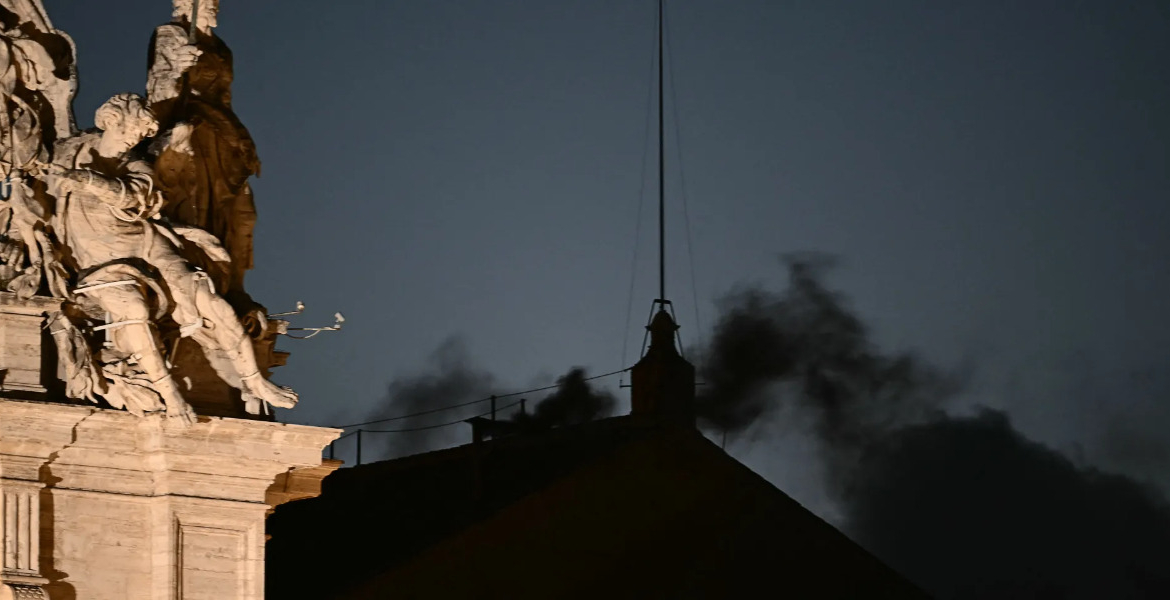
The papal conclave to elect a successor to Pope Francis remains unresolved as black smoke emerged from the Sistine Chapel chimney on Thursday morning.
This signals that the 133 cardinal electors have yet to reach the necessary two-thirds majority for a successful election. The lack of consensus prolongs the process of selecting the 267th leader of the Roman Catholic Church, a decision closely watched by Catholics and observers worldwide. Further rounds of voting are scheduled for Thursday afternoon, with the possibility of extending into Friday if no agreement is reached.
The election of a pope is governed by centuries-old procedures steeped in ritual and secrecy. Cardinal-electors, all under the age of 80, are sequestered within the Vatican until a consensus is reached. During this time, they are cut off from the outside world and sworn to confidentiality, with the threat of excommunication for any breach of secrecy.
Each cardinal casts their vote in the Sistine Chapel, under Michelangelo's iconic frescoes. They write their choice on a ballot and place it in a silver urn on the chapel's altar. The ballots are then burned in a cast-iron stove, with chemicals added to the smoke to produce either black or white smoke, indicating the absence or presence of an elected pope, respectively.
Faithful Await Decision in St. Peter’s Square
Thousands of Catholic faithful, clergy, and tourists have gathered in St. Peter's Square, awaiting the outcome of the conclave. Deacon Nicholas Nkoronko from Tanzania expresses the importance of prayer during the election process, hoping for a holy pope who will guide the Church and be its pastor. Barbara Mason, a Canadian visitor, emphasizes the need for a thorough decision-making process. She hopes that the new pope will continue Pope Francis's progressive initiatives, especially in environmental advocacy and social justice.
The Legacy of Pope Francis
The conclave follows the death of Pope Francis on April 21, at the age of 88. His 12-year papacy was marked by significant reforms, an emphasis on inclusivity, and advocacy for the marginalized. The Argentine pontiff sought to modernize the Church, addressing contemporary global issues while maintaining its spiritual foundation.
His legacy remains a point of debate within the conclave, with cardinals weighing whether to continue his progressive path or shift towards more traditional doctrinal stances. Approximately 80 percent of the electors were appointed by Francis, increasing the likelihood that his vision will have a lasting impact on the final decision.
Potential Successors Emerge
Among the leading candidates for the papacy are Italian Cardinal Pierbattista Pizzaballa, Hungarian Cardinal Peter Erdo, and Sri Lankan Cardinal Malcolm Ranjith. Cardinal Luis Antonio Tagle of the Philippines has also garnered significant support, especially from Asian Catholics. However, with over a dozen names circulating, the outcome remains uncertain.
Challenges Facing the Next Pope
The next pope will inherit a Church facing numerous challenges. Beyond theological and doctrinal debates, the Vatican must address geopolitical complexities, the lingering effects of clerical sex abuse scandals, and declining church attendance in Western nations. Deep divisions persist between liberal and conservative factions within the Church, raising concerns about unity and direction. Juan Benitez, a Colombian Catholic in St. Peter’s Square, expresses concerns about these divisions, emphasizing the need for unity within the Church.
Historically, papal conclaves have varied in duration. Pope Benedict XVI was elected after four ballots in 2005, while Pope Francis was elected after five ballots in 2013. Given the size and diversity of the current conclave—the largest and most international gathering of cardinal-electors in history—experts suggest that the process may take longer than usual. With no clear frontrunner, cardinals may need to consolidate around a compromise candidate capable of uniting the Church’s diverse factions.
The election of a new pope is a moment of deep religious, political, and cultural significance. The faithful worldwide are praying for a leader who will uphold the Church’s core values while addressing the evolving needs of the modern world. As cardinals continue voting, the outcome remains unknown. The announcement of white smoke will mark a defining moment in history, shaping the future of the Catholic Church and its 1.4 billion followers globally.

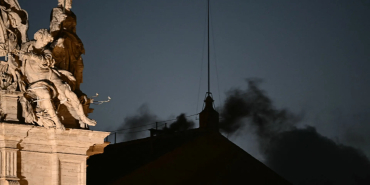
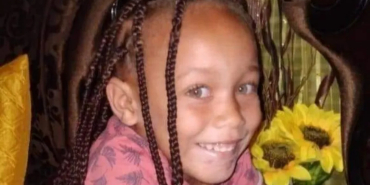
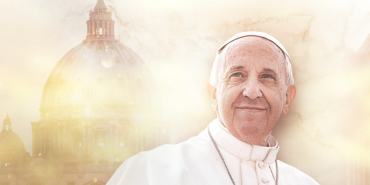

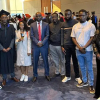
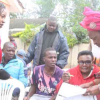
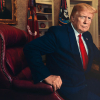
Add new comment